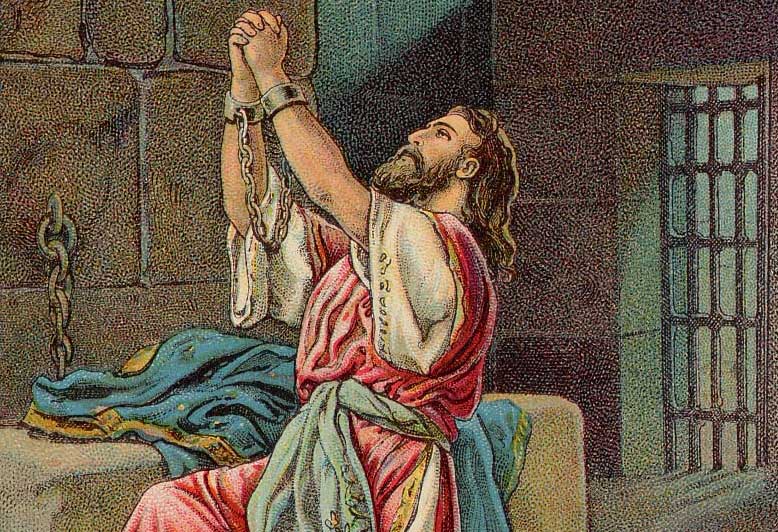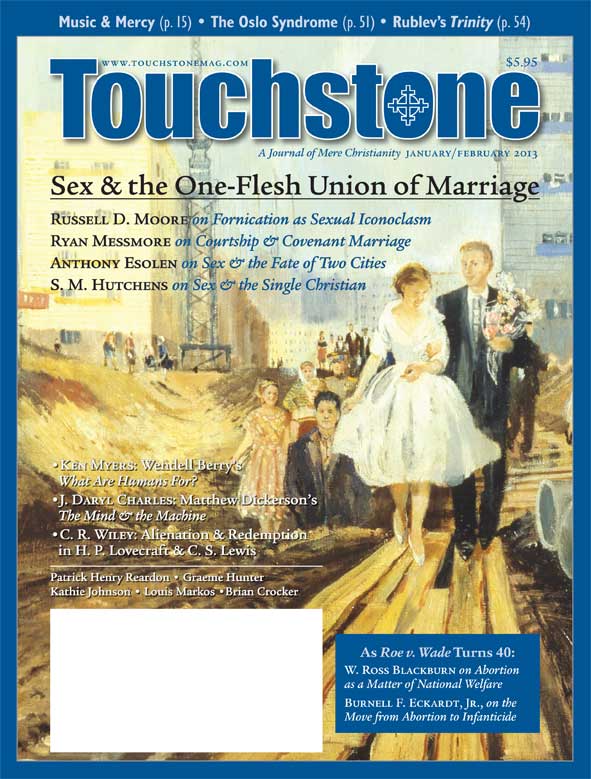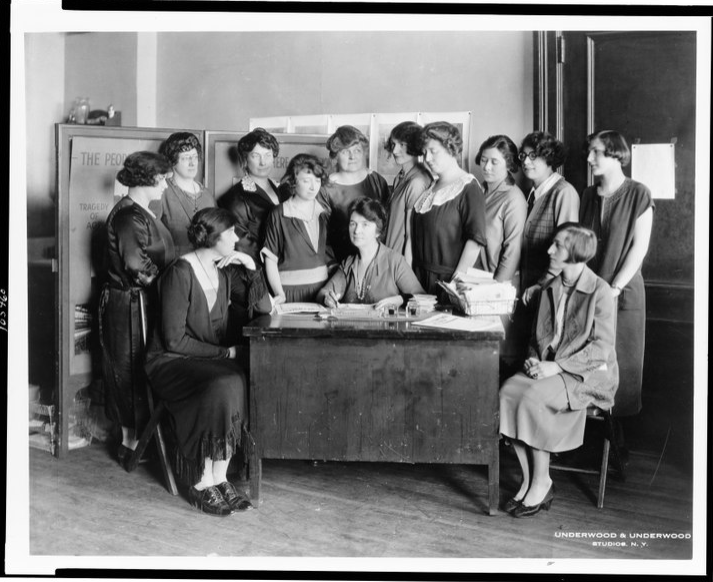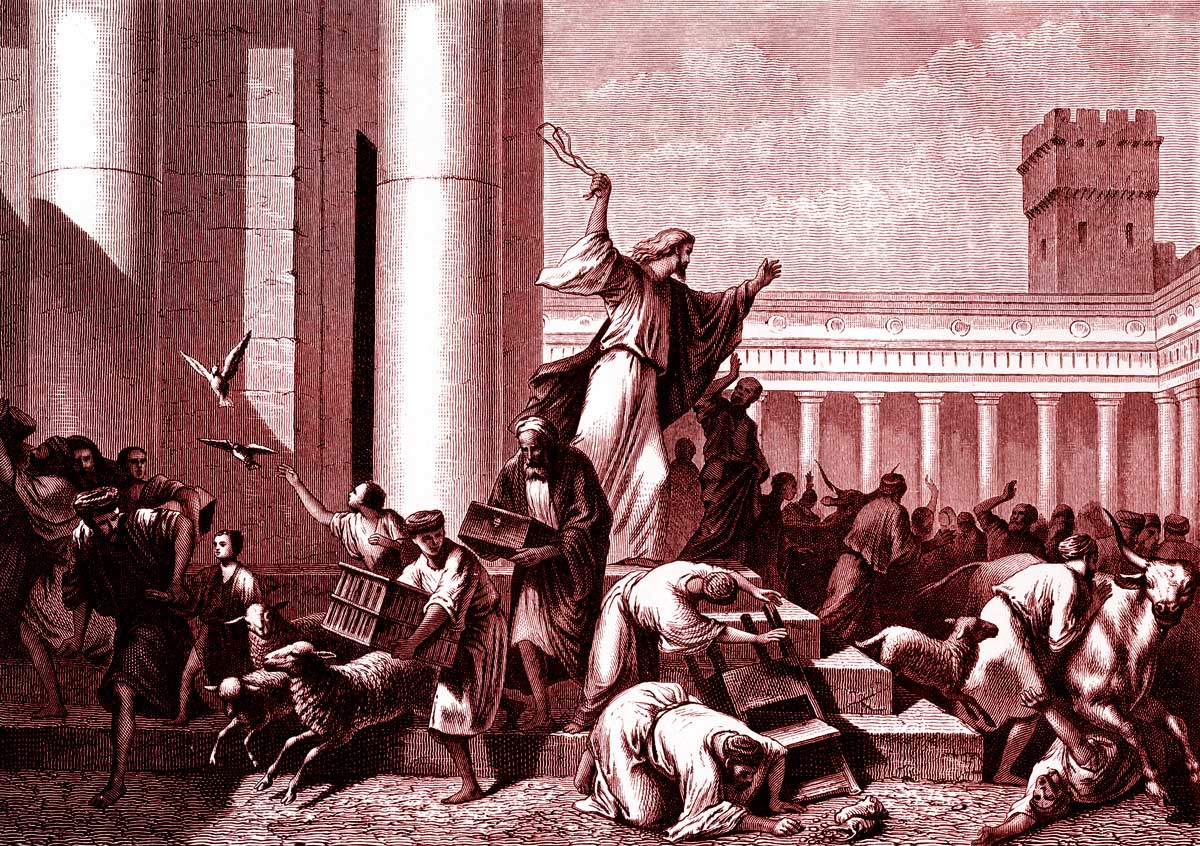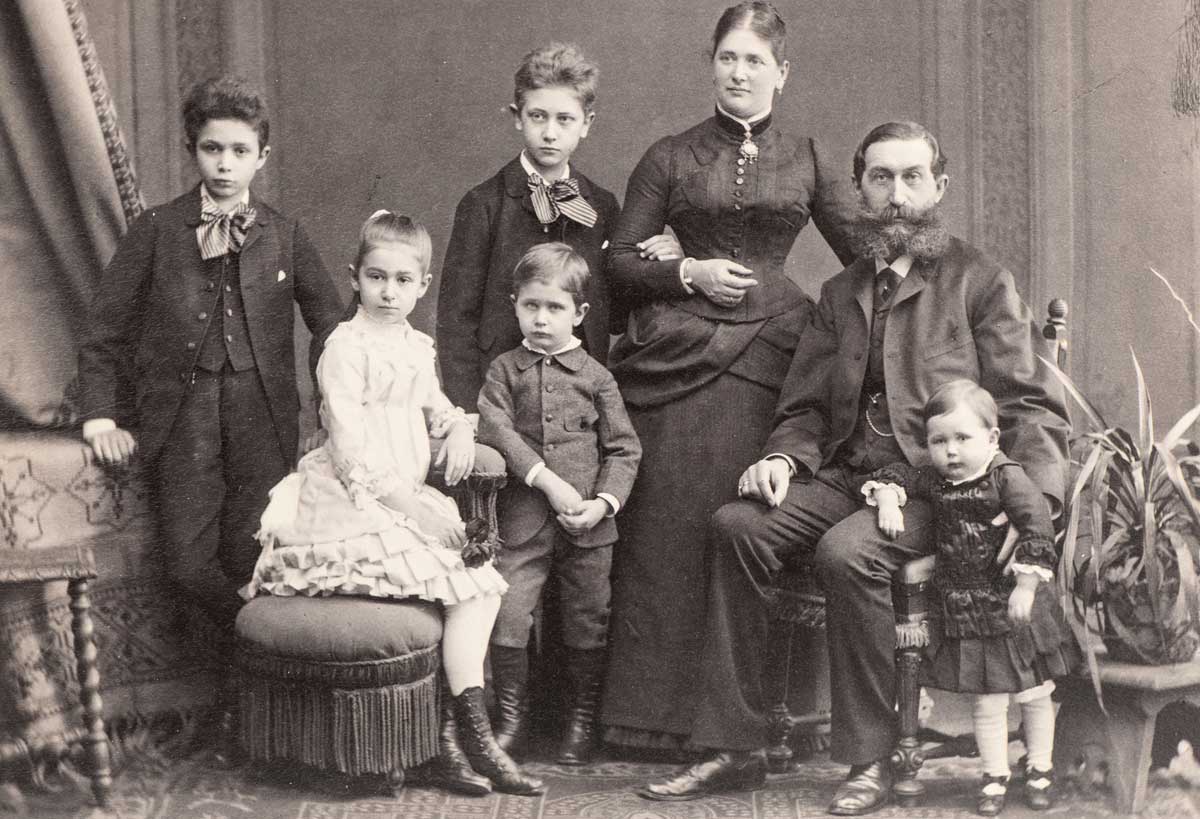View
The Destroyer of Peace
W. Ross Blackburn on Abortion as a Matter of National Welfare
Every election addresses issues crucial to the life of the nation. Typical of years past, the economy, national security, and health care commanded the attention of voters in 2012, and the candidates were expected to propose solutions for each issue. Yet, our economy is not going to be saved simply by changing our tax policy or spending habits, nor is our nation going to be secured by tougher policies toward Iran or Russia.
Although neatly (and with great reductionism) framed as a "women's rights" issue, abortion will have far more power over the welfare of our country than most of us have imagined. Here's why.
There is a peculiar passage in the Old Testament relevant to America's political landscape: "Do not pray for the welfare of this people. . . . I will consume them by the sword, by famine, and by pestilence" (Jer. 14:11–12).
This is unusual, that God would explicitly forbid prayer for his people. Why? What would warrant such determined and irreversible judgment? The answer: "I will make them a horror to all the kingdoms of the earth because of what Manasseh the son of Hezekiah, king of Judah, did in Jerusalem" (Jer. 15:4). What did Manasseh do? Of all the other wicked kings in Israel and Judah, there is one practice, and only one, unique to Manasseh: the large-scale shedding of innocent blood. Other kings were guilty of shedding innocent blood, but only Manasseh is charged with doing so on a large scale.
The Old Testament tells the rest of the story. As promised, Judah was besieged by Babylon and taken into exile. Their national security was broken, their economy shattered, their health care in ruins. Their hopes as a nation—for safety, prosperity, and health—were gone.
Surely this came upon Judah at the command of the Lord, to remove out of his sight, for the sins of Manasseh, according to all that he had done, and also for the innocent blood that he had shed. For he filled Jerusalem with innocent blood, and the Lord would not pardon. (2 Kings 24:3–4)
Intertwined Moral Concerns
The narrative of Manasseh raises a notion with significant traction in our culture—that of the "single issue" voter, popularly caricatured as so concerned about one particular issue that he is blind to, or unconcerned with, others. Shaun Casey, President Obama's former religious advisor, said something interesting back in 2008 concerning the younger generation: "those folks are [not] getting more liberal on abortion or same-sex issues. It just means they're less inclined to be single-issue voters. The moral basket of issues is larger than just abortion and gay marriage." For Casey, the strength of American youth lay in the breadth of their moral concerns.
Certainly the "moral basket" is large. But Casey's comment implies that moral issues can be divided and categorized in such a way that one issue can be dealt with apart from others. But what if, in this large and varied basket, issues are interdependent? What if there are some issues that affect all the others? The fallacy of Casey's perspective is that one cannot be focused and comprehensive at the same time. If there is one rotten apple in the basket, one does not suppose that a focused effort to remove that particular apple is made at the expense of the other apples. There is a particular order of importance that must be respected, for the sake of the whole. Failure to focus will, over time, cause all to be lost.
Is public policy that permits abortion in America on the same moral plane as Manasseh's practice in the Old Testament? It depends on how one views the annual killing of roughly 1.2 million children. The answer to that question, of course, will determine what priority in the moral basket abortion ought to have. Worthy of sober consideration are the words of Nancy Harvey: "Some of us believe that it is wrong to kill innocent people, and this was the evil of Nazi Germany. Others think that Hitler made a mistake in his categories. It is wrong to kill Jews and Gypsies, but acceptable to kill the unborn and severely disabled."
W. Ross Blackburn is the rector of Christ the King, an Anglican Fellowship in Boone, North Carolina. He also writes weekly reflections for the Human Life Review's website on matters of life.
bulk subscriptions
Order Touchstone subscriptions in bulk and save $10 per sub! Each subscription includes 6 issues of Touchstone plus full online access to touchstonemag.com—including archives, videos, and pdf downloads of recent issues for only $29.95 each! Great for churches or study groups.
Transactions will be processed on a secure server.
more on abortion from the online archives
more from the online archives
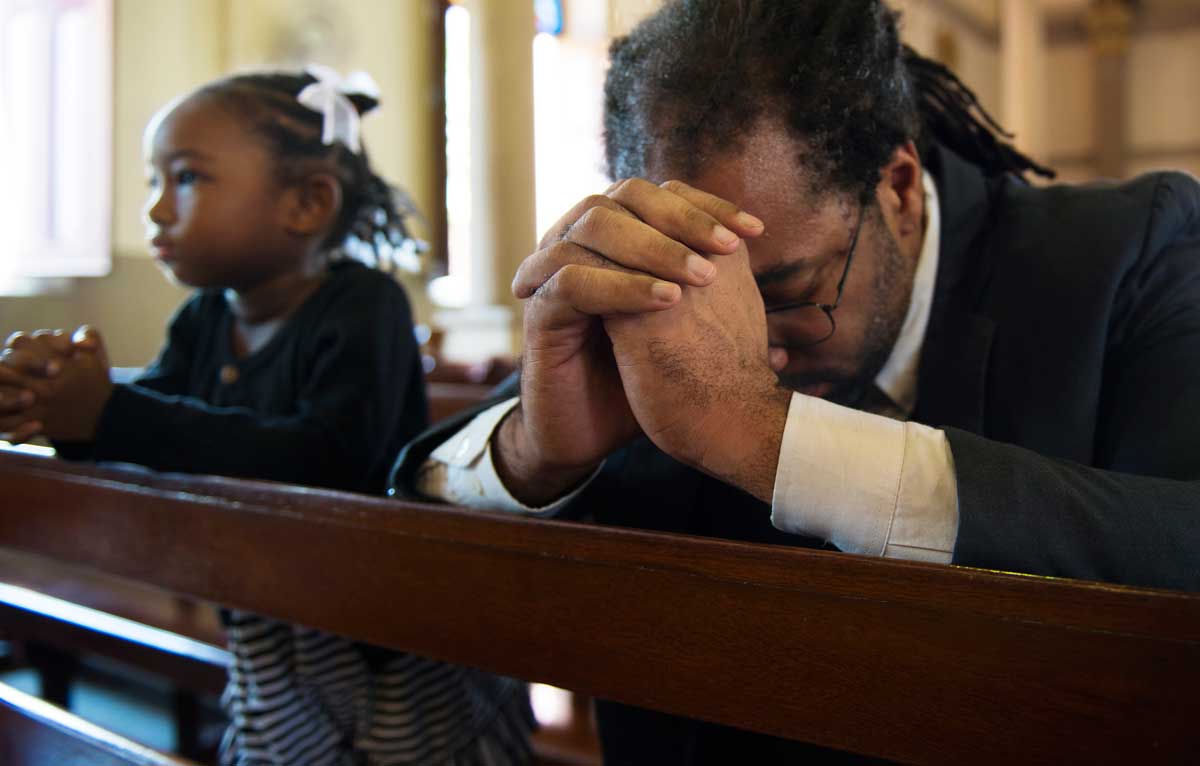
14.1—January/February 2001
The Christian Heart of Fatherhood
The Place of Marriage, Authority & Service in the Recovery of Fatherhood by John M. Haas
calling all readers
Please Donate
"There are magazines worth reading but few worth saving . . . Touchstone is just such a magazine."
—Alice von Hildebrand
"Here we do not concede one square millimeter of territory to falsehood, folly, contemporary sentimentality, or fashion. We speak the truth, and let God be our judge. . . . Touchstone is the one committedly Christian conservative journal."
—Anthony Esolen, Touchstone senior editor





